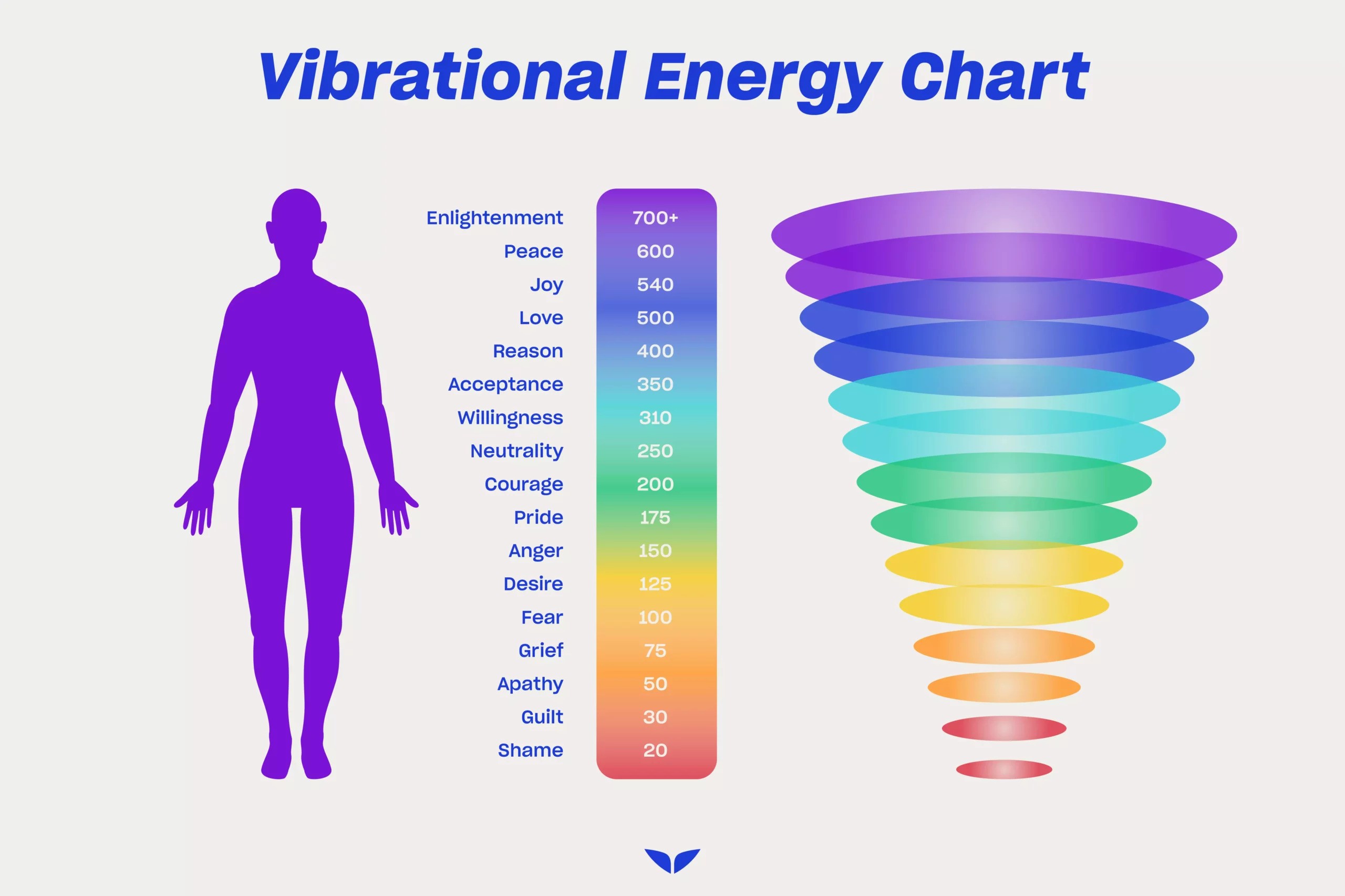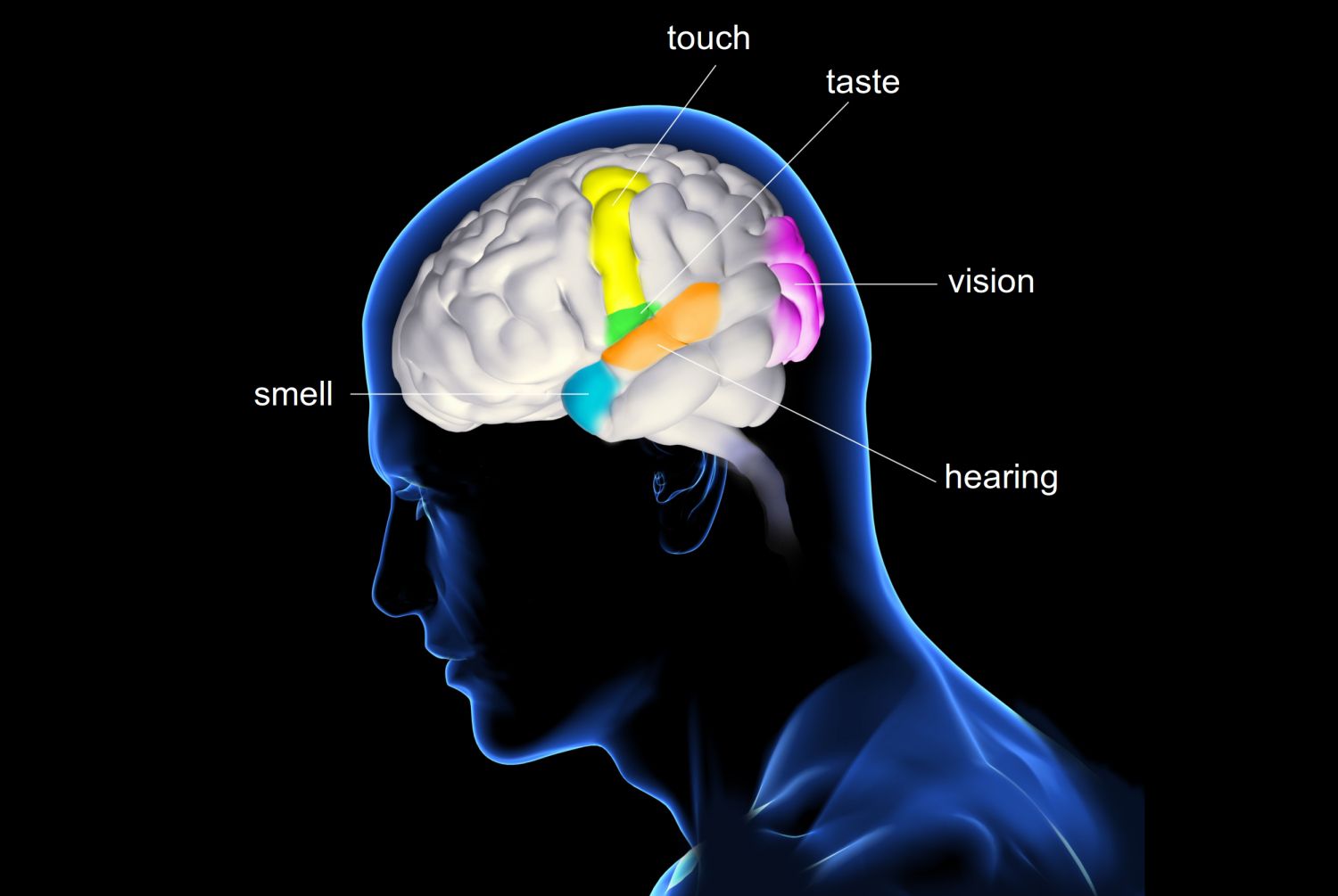The Role of Mindfulness in Enhancing Wellbeing
We live in a fast-paced world where stress is an all too common experience for most people. In such a world, mindfulness offers a path to well-being. Mindfulness is a mental state characterized by heightened awareness of one's thoughts, feelings, and senses.
It involves paying attention to the present moment without judgment. Mindfulness practice can be traced to ancient Eastern cultures, but it has gained popularity in the West recently as a way to promote physical and emotional health. Mindfulness is not a new-age fad. It is a scientifically proven approach to achieving a greater sense of personal well-being.
Being mindful is not about simply emptying the mind; it is about paying attention to the present in a non-judgmental manner. Being present at the moment makes us more capable of dealing with the stresses that life throws at us. Mindfulness practice has also been found to have many benefits for physical health, including improved immune function and anti-aging effects.
In the past, mindfulness may have been associated only with monks, but today it is being embraced more widely, including in workplaces, where stress can be a significant issue. Mindfulness practice can help manage stress and improve communication in relationships. By incorporating mindfulness into daily life, we can benefit greatly in terms of our overall health and well-being.
What is Mindfulness?

Mindfulness has gained immense popularity in recent years as a powerful tool for improving mental and physical well-being. Simply put, mindfulness is the act of being fully present and engaged in the moment, without judgment or distraction.
It is about cultivating awareness of our thoughts, emotions, and sensations in a non-reactive way. Research has shown that practicing mindfulness can have numerous benefits for our overall well-being. For instance, it can help reduce stress, anxiety, and depression by allowing us to observe our negative thoughts and emotions without getting caught up in them. It can also improve focus and attention, as well as increase feelings of compassion and self-awareness. So how does mindfulness work?
By paying attention to our experiences in the present moment, we can begin to break free from the autopilot mode that often governs our lives. We can learn to respond to situations more skillfully and less automatically, which can lead to reduced stress and increased feelings of equanimity.
In addition, mindfulness can be practiced in a variety of ways, from formal practices such as meditation to informal practices such as mindful breathing or body scanning. This flexibility makes it a useful tool for people with different lifestyles and preferences.
Overall, the benefits of mindfulness are too great to ignore. Whether you're looking to improve your mental or physical health, or simply want to cultivate a greater sense of peace and equanimity, mindfulness is a powerful tool that can help you achieve your goals. So why not give it a try today and see what a difference it can make in your life?
Mindfulness and Mental Wellbeing

In today's fast-paced life, stress and anxiety have become a part of our daily routine. More often than not, we forget to take care of our mental well-being, which can lead to severe mental health issues. This is where mindfulness comes into play. Mindfulness is a form of meditation that helps us be present in the moment, without being overwhelmed by thoughts and emotions. Research suggests that mindfulness can be effective in reducing stress and anxiety.
Mindfulness helps us to be aware of our thoughts and emotions without judging them, enabling us to react better to situations. This leads to a reduction in stress and anxiety levels, allowing us to enjoy a better quality of life. Depression is another major mental health issue that plagues modern society. However, mindfulness can help alleviate symptoms of depression. Mindfulness-based cognitive therapy (MBCT) is a form of therapy that combines mindfulness with cognitive therapy. MBCT helps individuals become more aware of negative thought patterns, making it easier to break the cycle of depression.
In addition to MBCT, mindfulness can also be practiced in other ways. For example, taking a mindful walk in nature or practicing yoga can help us be more present in the moment, leading to a reduction in symptoms of depression. Overall, mindfulness can be a powerful tool for enhancing mental well-being. Whether it's reducing stress and anxiety or treating depression through MBCT, mindfulness can be practiced in different ways to bring positive changes to our lives. So why not give it a try?
Mindfulness and Physical Health

Mindfulness isn't just a mental health practice; it also has many benefits for physical health. Researchers have found that mindfulness can lower blood pressure, reduce inflammation, and improve immune function. Lowering blood pressure is vital for our health. High blood pressure can lead to heart attacks, strokes, and other serious health problems. Mindfulness can be an effective way to lower blood pressure by reducing stress and promoting relaxation. Anti-aging effects? Yes, you read that right. Mindfulness practice may help slow down the aging process. Stress and inflammation are major contributors to premature aging. Mindfulness, by reducing stress and inflammation, can help us look younger for longer. Improved immune function is another benefit we get from mindfulness. Evidence suggests that mindfulness practice can reduce the incidence of acute respiratory infections, such as colds and flu. It has also been found that mindfulness can increase the activity of natural killer cells, which help fight off infections and cancer cells.
Simply put, mindfulness is an excellent way to improve our physical health, and it's free! You don't need any expensive supplements or gym memberships; all you need is a willingness to practice and a little patience. With regular practice, you can experience the benefits of mindfulness in your physical health. So, what are you waiting for? Give mindfulness a try and see how it improves your health and well-being.
Mindful Eating and Nutrition

Have you ever finished a bag of chips or a block of chocolate without even realizing it? You're not alone. Mindless eating has become more and more prominent with our fast-paced lifestyles. Time flies and we often find ourselves eating as quickly as possible, not even noticing the food we have consumed. This is where mindful eating comes into play. Mindful eating is about being present during meal times and enjoying each bite mindfully. It helps you slow down and be more conscious of what you are eating, and the effects it has on your body. Practicing mindful eating has numerous benefits. It promotes a healthy relationship with food and nourishes your body in the best way possible. It helps prevent overeating and fat storage, in turn aiding weight management. Moreover, mindful eating improves digestion, enhances mental focus, and brings a sense of calmness and satisfaction.
So, what can you do to eat mindfully? Start by paying attention to your food and eat without being distracted by phones or television. Chew slowly and savor each bite's texture and flavor. Be aware of your body's hunger and fullness signals, and stop eating when you are full. Finally, choose nutritious and wholesome food options like fresh fruits and vegetables, lean proteins, and healthy fats. Eating mindfully alone may not provide all of the necessary nutrients that your body needs. Hence, mindful nutrition plays a crucial role in maintaining good health and well-being. Mindful nutrition involves selecting foods that provide a balance of nutrients and energy while optimizing the digestive and immune system's functions.
By concentrating on organic and whole foods, you can provide your body with optimum nutrition and enhance your overall mental and physical health. In conclusion, being mindful of what you eat and how you eat can promote a healthier relationship with food, and, in turn, improve your physical and mental wellbeing. So next time you sit down to eat, take a deep breath, slow down, appreciate the flavors and textures of your food, and don't forget to be present in the moment!
Mindfulness in the Workplace
Workplace stress is becoming increasingly prevalent in our daily lives. With looming deadlines, performance pressure, and long working hours, it is crucial to have an effective coping mechanism that can provide relief from stress to ensure better productivity. This is where mindfulness comes in. Mindfulness-based stress reduction (MBSR) programs have been implemented in various workplaces to aid employees in countering stress effectively. These programs include guided meditation sessions, body scans, and breathing exercises.
By practicing mindfulness in the workplace, employees can learn to be in tune with their thoughts, emotions, and physical sensations, which enables them to handle stressors better. Studies have shown that mindfulness training in the workplace promotes better decision-making skills, improves creativity, and reduces emotional exhaustion. Mindful employees are also better equipped to handle conflicts and engage in effective communication with their coworkers.
Furthermore, mindfulness training fosters a healthy work environment by encouraging empathy and compassion, which in turn leads to better employee satisfaction and morale. Incorporating mindfulness in the workplace can, in fact, be seen as an investment in employee health and productivity. Workplace stress can lead to absenteeism and higher rates of turnover, which can be costly to a company. By promoting the practice of mindfulness, companies can lower healthcare costs, improve the overall well-being of employees, and increase work productivity - a win-win situation.
Overall, with the ever-increasing demands of the workplace, incorporating mindfulness can provide employees with effective tools to better cope with stress. MBSR programs in the workplace bring about numerous benefits such as effective decision-making, creativity, better communication, and improved employee wellbeing. It is high time that workplaces take the initiative to promote mindfulness and create a healthier work environment.
Mindfulness and Relationships
Maintaining healthy relationships can be challenging, especially in the current fast-paced world. However, practicing mindfulness can help improve communication and connection in relationships. When we practice mindfulness, we learn to give our undivided attention to the present moment, including our conversations with loved ones. This can help us understand their emotions, thoughts, and feelings better. Mindfulness can also be used to resolve conflicts in relationships. Instead of reacting impulsively to a situation, we learn to respond thoughtfully, considering the other person's perspective.
This can help us find more effective solutions to conflicts and understand each other better. Incorporating mindfulness into relationships has numerous benefits. It can help us build stronger connections, communicate more effectively, and solve problems collaboratively. By learning to be present and attentive in our relationships, we can cultivate a deeper appreciation for our loved ones and create meaningful connections that last.
Conclusion
The power of mindfulness in transforming well-being is remarkable. Practicing mindfulness daily can lead to reduced stress, anxiety, and depression. It also improves physical health by lowering blood pressure and boosting immune function. Mindful eating and nutrition can further enhance physical and mental well-being. Incorporating mindfulness in the workplace can lead to a more productive and positive environment. Mindfulness in relationships can improve communication and connection while promoting conflict resolution. To incorporate mindfulness into daily life, start with small steps such as practicing mindful breathing or taking short mindful breaks during the day.
Creating a daily mindfulness routine can help make it a habit. So take a break, sit down, and start practicing mindfulness today. As the saying goes, “With mindfulness, we can learn to transform the ordinary into the extraordinary, and the extraordinary into the ordinary.”



